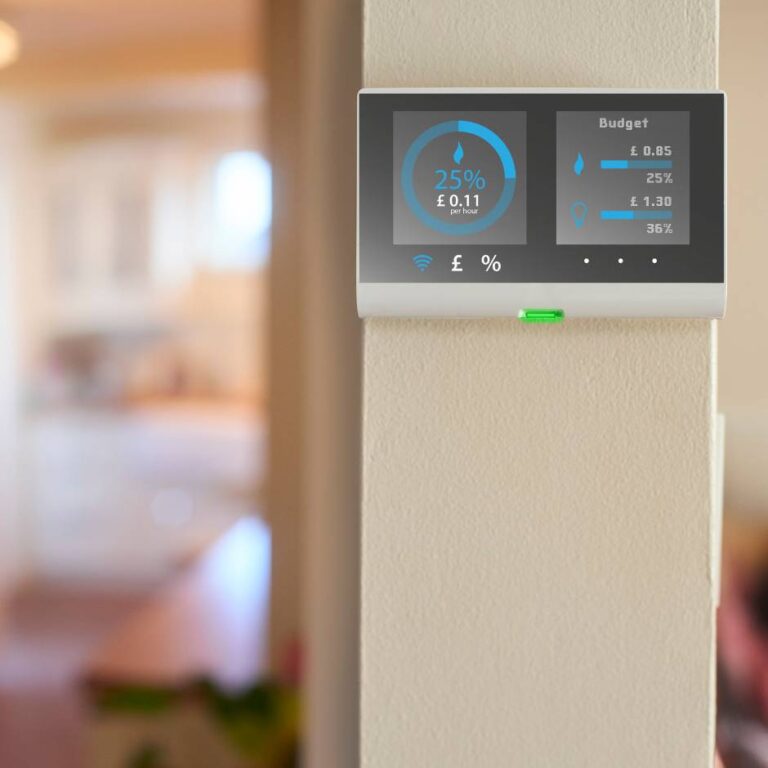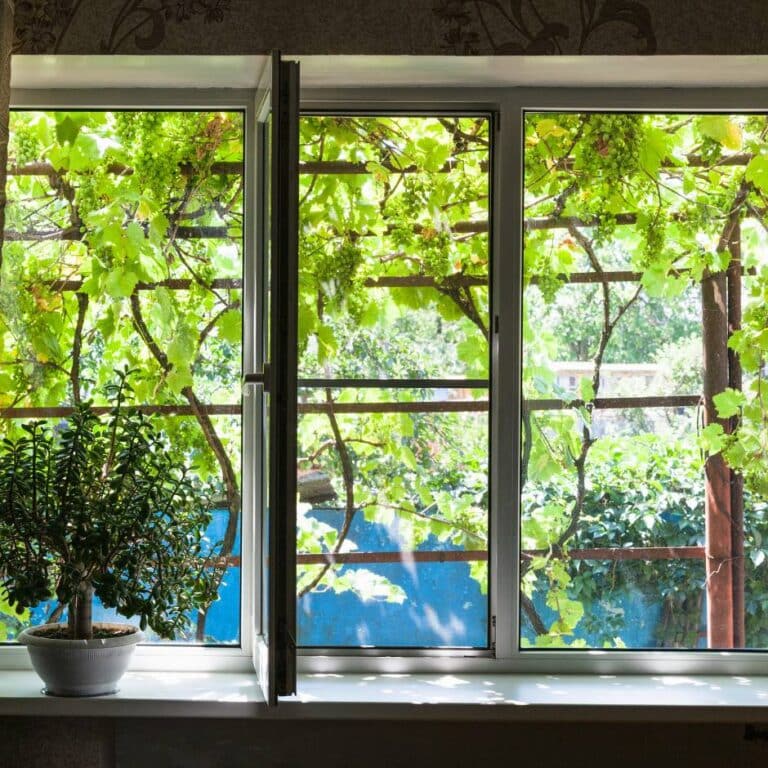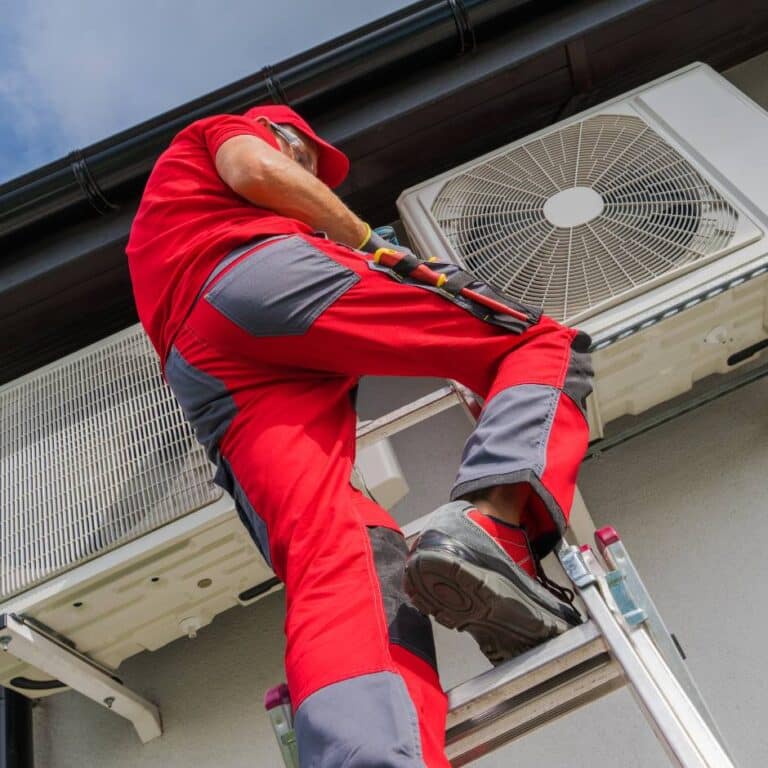How an Energy Audit Can Help Lower Your Bills

According to Energy.gov, homeowners and property managers can save 5% to 30% on energy bills after making any upgrades recommended following a home energy audit. Not only can professional energy audits help you save money, they are becoming popular among eco-conscious Americans who want to go green.
By conducting an energy audit, you may be able to find the source of your high energy bills. For instance, did you know that poorly installed HVAC systems can increase energy costs by up to 30%? An energy audit can help you identify and eradicate these problems.
So How Does an Energy Audit Work, and How Can You Schedule One?
Prior to your audit, make a list of problems you’ve been having in your home, such as dampness, drafts, or uneven heating. You should also print off copies of your home energy bills or an annual summary. If you don’t have copies of your billing statements on hand, you can find them through your home energy provider.
During the audit, whomever you hire will evaluate your home’s features. The age of the home, the number of windows and doors, and the size of the home will all come into play. They will also ask about your behaviors as a resident.
Generally, when a heating and air repair service performs an energy audit, they’re trying to answer questions like:
- At what temperatures do you set your thermostat during the summer and winter?
- How many people live in the home?
- Is anyone home during the day during normal working hours?
- How many rooms are in use?
- How old are your appliances?
The auditor may perform door blower tests or thermographic scans in order to gain the most accurate data and pinpoint the causes of your home heating or cooling problems. For instance, most older homes have serious issues with insulation, meaning HVAC appliances have to work twice as hard to heat and cool the home.
Following the audit, you may be provided with some answers to where your home energy is being wasted, as well as some simple and effective solutions.

How Can You Find a Home Energy Auditor?
You can find a local energy auditor through your local government energy weatherization office or from an independent company that performs audits and other services.
During the winter months when the temperatures drop, you’ll want to keep your heating and air conditioning systems in check and in good shape. Otherwise, you may lose out on a significant amount of money by paying more than necessary in energy costs.
Heating and air repair is a much more reasonable investment than spending more to heat your house, and many HVAC professionals now offer energy audits as well.
If you’re trying to save money and go green in the new year, then a home energy audit is the perfect place to start.
Turn Down the Temperature on Your Energy Costs
There are multiple ways to curb energy costs and expenses so that you can get the most cooling for your money. Here are a few things you can do.
Planting Trees
Not only do trees provide ample shade and oxygen, but studies show that when you plant trees near an AC unit, you could be increasing your unit’s efficiency by 10%. The reason for this statistic from the U.S. Department of Energy is that low-hanging branches help to keep the sunlight out of your home, subsequently making your house cooler.
Essentially, your air conditioner won’t have to work so hard to cool your home, thereby reducing your energy bill.
Programming Your Thermostat
If you don’t already have a programmable thermostat in your house, you will want to get one. With this system, you can create a schedule for your air conditioner, setting it to a higher temperature when no one is home, and a lower one when people are in the house. You can also reduce your cooling at night, since outdoor temperatures tend to drop when it gets dark.
Programming a thermostat could save the average homeowner about $180 in energy costs every year.
Get Repairs
One of the biggest mistakes you can make with your HVAC unit is to miss your yearly inspection. By calling a heating and air repair company to check your system every year before the cooling season, you could be saving yourself money on more complicated repairs. HVAC contractors can detect problems with your unit, and replace any dysfunctional parts immediately.
Without the help of a heating and air repair company, your unit could lose its efficiency because of faulty or rusty parts.

Things You Can Do For Your HVAC Unit To Save
Here are a few tips for maintaining your heating and air conditioning unit while saving money at the same time.
Keep It Consistent
It takes more energy to restart a unit than it does to run and maintain a temperature. With that being said, it is highly suggested to stay consistent with how you use your unit. Try not to turn it on and off too frequently.
Check Your Air Filters
It is important that you change your HVAC filter at least once every three months. This significantly helps with avoiding allergens, dust, and dirt that tend to blend into the air and circulate throughout your home.
Run Fans All Day
Many HVAC contractors suggest leaving your fans to run all day. This is especially suggested for mid-level homes. The purpose of this is to mix the upper and lower level temperatures, creating a more even temperature throughout the home and lowering the energy used to keep it that way.
Check Your Insulation
Insulation is something many homeowners do not consider when thinking of heating and air conditioning. The purpose of insulation is to reduce the exchange of heat through a surface such as a wall, attic, duct or roof. If properly insulated, your home should have less warm air escape in the winter and less cool air escape in the summer, making your home comfortable all year long.
Experts in the field say it is affordable to replace insulation and can save hundreds of dollars per year when it comes to your utility bill.

Empowering Your Home Energy Efficiency Journey
By taking the time to schedule a home energy audit, you can identify and address any areas where your home energy is being wasted.
Additionally, by implementing some simple solutions such as planting trees, programming your thermostat, getting regular repairs, and maintaining your HVAC unit, you can save money on energy costs while also reducing your carbon footprint. Empower yourself to make small changes that make a big difference and help you save on energy costs.
